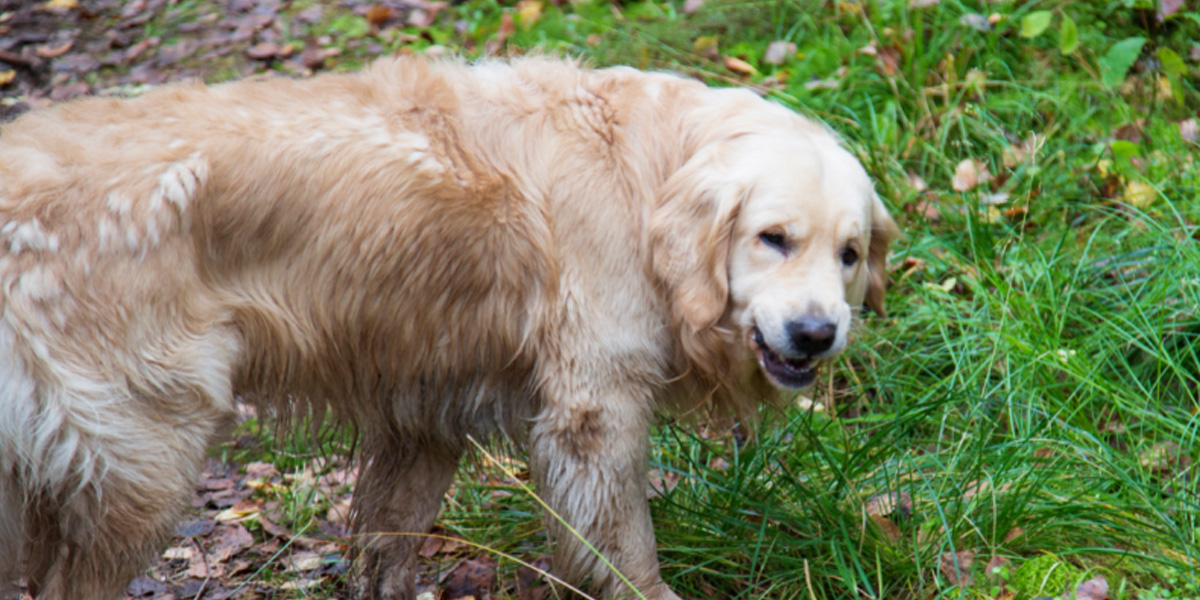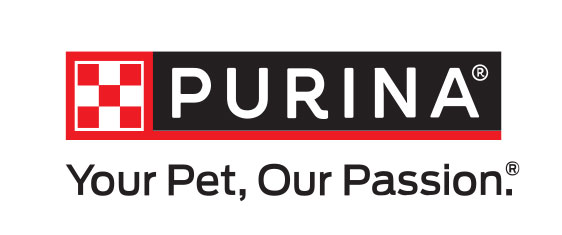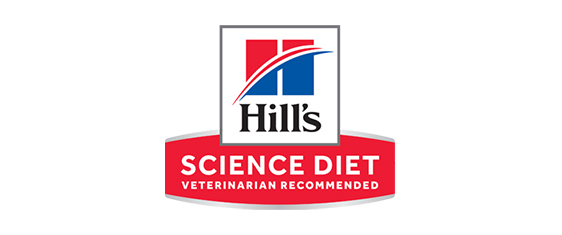Why Do Dogs Eat Poop?
Doctor of Veterinary Medicine

While efforts are made to answer all questions as quickly as possible, if an immediate answer is required or if your pet is in need of urgent or emergency care, contact your pet's veterinarian immediately.
Doctor of Veterinary Medicine

You will receive an answer from Dr. Lindsay and our vet/tech team as soon as possible, usually the same day.
All answers are provided for informational or educational purposes only, and are intended to be a supplement to, and not a substitute for, the expertise and professional judgment of your pet's veterinarian.
It may be necessary to consult your pet's veterinarian regarding the applicability of any opinions or recommendations with respect to your pet's symptoms or medical condition.
CloseDoctor of Veterinary Medicine

An error has occurred, please reload the page and try again.
CloseWhile efforts are made to answer all questions as quickly as possible, if an immediate answer is required or if your pet is in need of urgent or emergency care, contact your pet's veterinarian immediately.
There is no answer related to your question

Coprophagia, the condition in which pets consume their own feces or those of other animals, is a common (yet distasteful) habit among dogs. In fact, it's a very common problem in puppies but usually clears up by adulthood. It is an instinct passed down from wolves that consumed the feces of puppies or elderly wolves in efforts to keep the den clean as well as protect the pack from predators sniffing out the scent. New mothers also eat their puppies' feces to keep the puppies and the nest (whelping box) clean, and as a result, the puppies may follow their mother's lead and do the same.
Fun fact: Dogs can be pretty picky about what poop they're eating. For most dogs, they will only eat poop if it's fresh and less than two days old.
Why is my dog eating poop?
If your pup is well into adulthood and still frequently eating feces, it could stem from many factors including medical, behavioral, or the simple fact that they find the smell and taste of poop delectable.
Medical:
Any type of medical issue that reduces the amount of nutrients your dog absorbs, such as enzyme deficiency, exocrine pancreatic insufficiency (EPI), parasites, malabsorption, and more, will cause your dog to find nutrients to consume. In this case, it is likely they will eat their own waste to give their body the nutrients it needs.
On the other hand, medical conditions that cause an increased appetite, like Cushing's disease, diabetes, thyroid issues or even side effects of steroids, can cause your dog to become hungry enough to eat poop. Even not feeding your dog enough might cause them to find other sources of food, like feces.
Behavioral:
It's more likely that your dog is consuming feces for behavioral reasons like cleanliness. Like mentioned earlier the habit of "keeping the den clean" might still be a dominant trait that's very prevalent in your dog's behavior.
Consuming feces could also be as simple as "doggy see, doggy do". Maybe your dog saw another dog they are fond of eating poop and they decided to try it. This action is more common in multiple dog households.
Attention-seeking:
Attention-seeking is a major behavior that can result in your pup continually eating poop. If you caught your dog in the act of eating poop, even just once, and had a significant reaction that ended up with all the attention on your dog, he or she will surely repeat that behavior to get the attention he or she wants. If you do catch your dog in the act of eating poop, try and divert their attention. If it works, reward him or her.
Fear and anxiety:
Fear and anxiety may also play a role in the consumption of feces. If your dog is feeling anxious or stressed he or she may "stress-eat" poop to help calm their nerves. Also, if they have been punished for pooping in the house, they may eat it to get rid of any evidence and avoid getting punished again.
Lastly, your dog could be eating feces out of absolute boredom and just because he or she feels like it.
How do I stop my dog from eating poop?
Whether it is a medical or behavioral factor causing your dog's coprophagia, it's best to give your dog quality food to make sure he or she is getting all of the necessary protein, minerals, vitamins and other nutrients his or her body needs.
Scoop the poop. Be diligent in cleaning up after your dog with Poopy Packs. If there's no poop to eat, then your dog won't eat poop!
Another great way to deter your dog from eating poop is to make the poop taste and smell bad. Sprinkle some FOR-BID on your dog's food, which when digested, smells and tastes bad to your dog.
As always, if your pup is a chronic poop-eater or your dog's coprophagia becomes concerning, consult your veterinarian.
 Swipe
Swipe



















